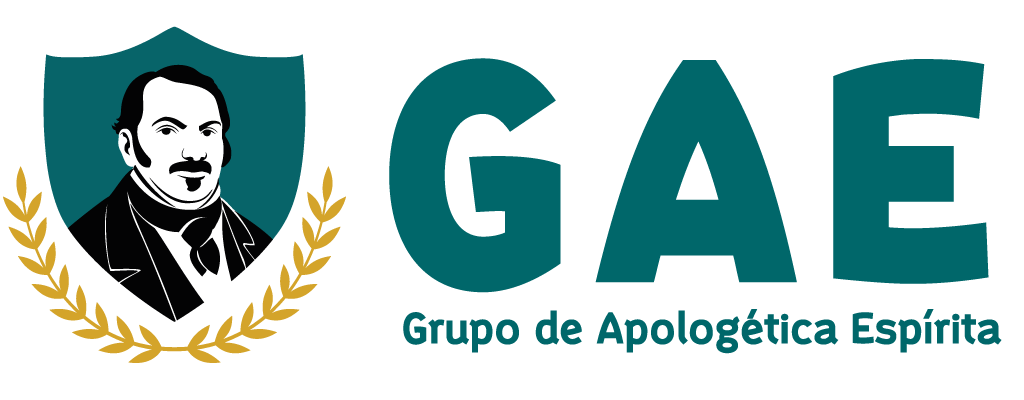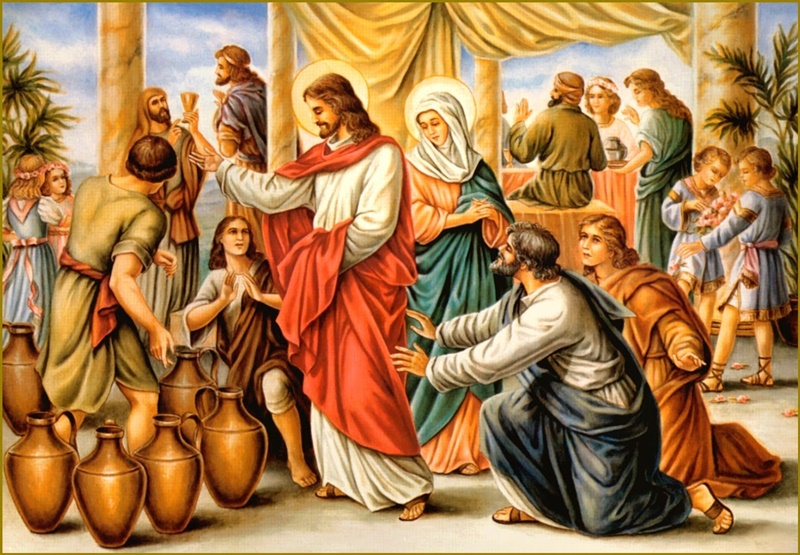|
Getting your Trinity Audio player ready...
|
Resumo: O texto analisa o milagre das bodas de Caná, relatado no Evangelho de João, argumentando que a transformação da água em vinho simboliza a superioridade dos ensinamentos de Jesus em relação à Lei Mosaica. O autor interpreta a frase de Jesus à sua mãe como uma indicação de que sua hora de operar milagres ainda não havia chegado, mas que ele o faria em obediência a ela. A escolha do vinho bom, guardado até o final da festa, representa os ensinamentos superiores de Jesus. Finalmente, o texto usa citações bíblicas para sustentar a ideia de que os ensinamentos de Jesus representam uma nova aliança, superando os preceitos anteriores.
Palavras-chaves: bodas de Caná, transformação da água, Lei Mosaica, nova aliança, ensinamentos de Jesus.
Summary: The text analyzes the miracle of the wedding at Cana, reported in the Gospel of John, arguing that the transformation of water into wine symbolizes the superiority of Jesus’ teachings in relation to the Mosaic Law. The author interprets Jesus’ words to his mother as an indication that his time to perform miracles had not yet come, but that he would do so in obedience to her. The choice of good wine, kept until the end of the feast, represents Jesus’ superior teachings. Finally, the text uses biblical quotations to support the idea that Jesus’ teachings represent a new covenant, superseding previous precepts.
Keywords: wedding at Cana, transformation of water, Mosaic Law, new covenant, teachings of Jesus.


